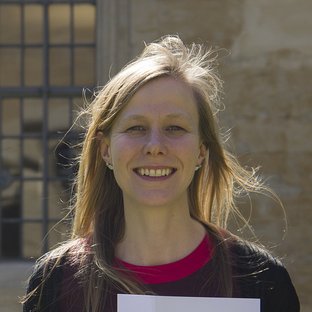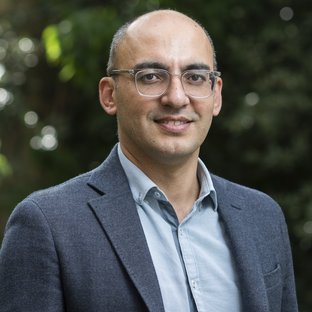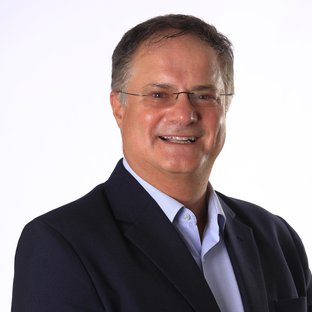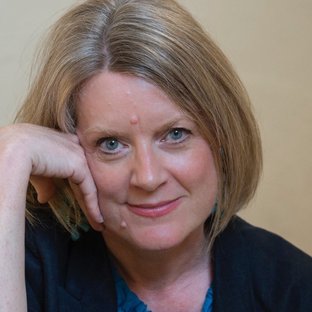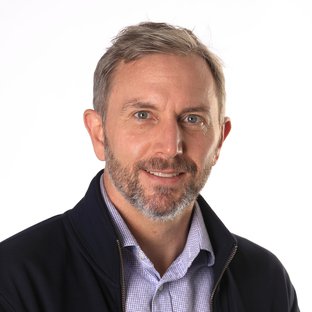Biomedical Sciences
- On average, St John’s accepts 3 Biomedical students per year.
- We are looking for lively, receptive minds with the ability to evaluate evidence critically.
- You should be able to consider issues from different perspectives and have a capacity for logical and creative thinking.
- The entry requirements for this course are determined by the University’s Medical Sciences Division.
- More information about applying to study Biomedical Sciences at Oxford can be found on the Division’s website.
- General advice about applying to St John’s can be found here.
- The Biomedical Sciences degree has been successfully running at St John's since October 2011.
- In addition to University teaching, students typically have 2-3 tutorials per week within College. These tutorials are an opportunity to clarify and delve deeper into topics covered by University teaching (lectures, seminars and practicals) and students usually find this learning environment both stimulating and rewarding. The teaching is principally carried out by College tutors, all of whom are active researchers and are passionate about teaching.
- The course is interdisciplinary in nature, with a number of contributing subjects including Biochemistry, Experimental Psychology, Pathology, Pharmacology, Physiology, Anatomy and Genetics. St John's has tutors in all of these key subject areas.
- Our students will carry out 2 research projects within the University laboratories, which are ranked as some of the best in the world for biomedicine.
- St John's offers one of the most generous academic grants of any colleges to its students.
- Students are automatically members of College subject societies such as Douglas or Bryant Society, which hosts a termly speaker dinner speaker to promote the discussion of subject issues and interaction between the various student years.
- ‘Read the profile of a St John’s student studying Biomedical Science here’
This course provides a strong foundation to pursue academic research, work in the pharmaceutical and biotechnology sectors, or apply for an accelerated graduate-entry course in medicine. In recent years, around two thirds of our graduates have gone on to study for a higher degree or a clinical qualification.
